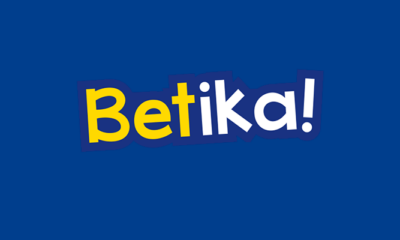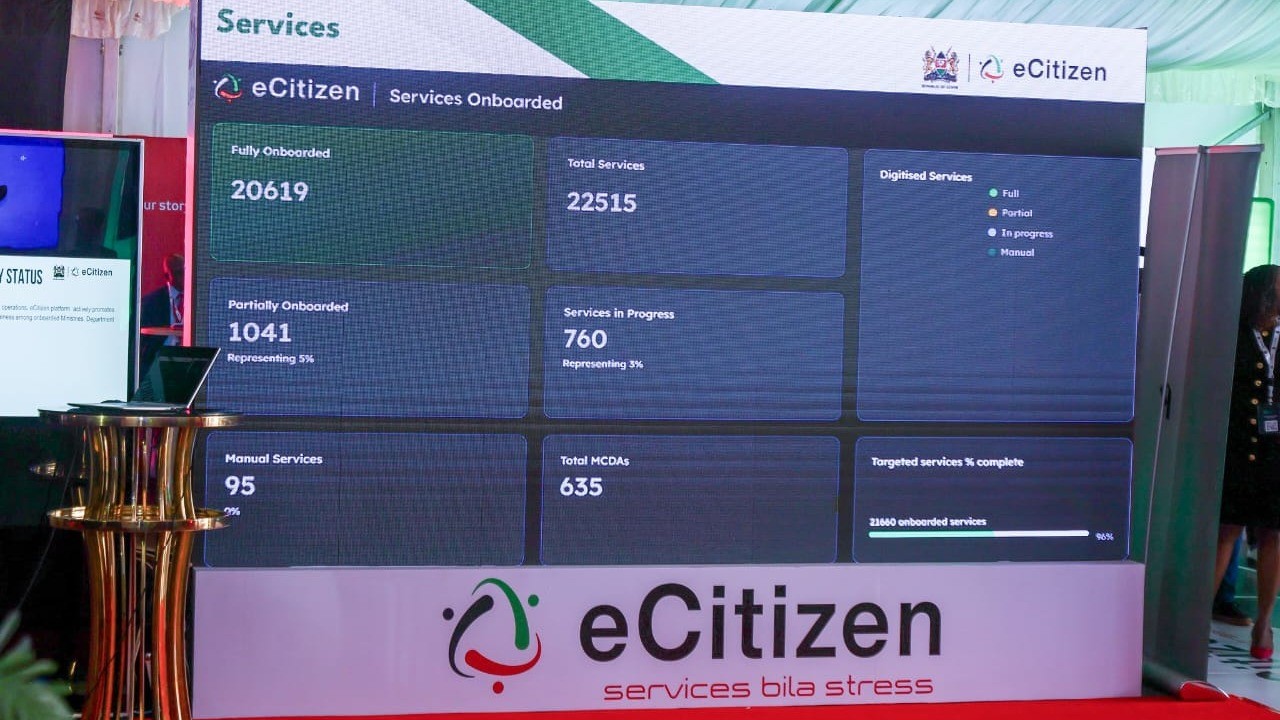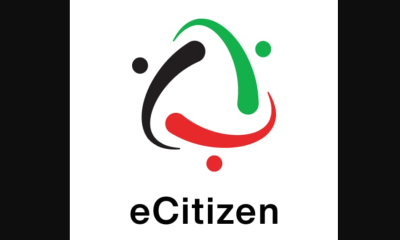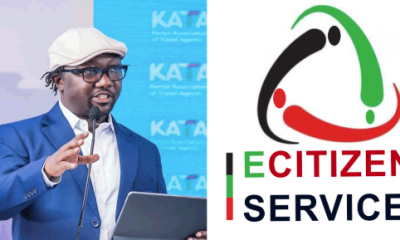Investigations
Pesaflow Among Shadowy Firms Siphoning Billions From eCitizen

Shadowy firms have pocketed over Ksh 1.45 billion through Kenya’s eCitizen platform, sparking concerns about their grip on government revenue collection.
Pesaflow, a private company authorized to collect payments for government services, bills the state between Ksh 100 million and Ksh 200 million monthly.
This amounts to an estimated Ksh 2.4 billion annually. Yet, details about its ownership, contracts, and operations remain shrouded in secrecy.
The Rise of Pesaflow and Its Associates
In 2017, amid a legal tussle over control of mobile money wallets, Pesaflow emerged as a key player in processing payments for eCitizen.
Before Pesaflow’s involvement, Webmasters Kenya had contracted Goldrock Capital Ltd. to manage funds from eCitizen users for the government. A fallout led to Goldrock’s removal, paving the way for Pesaflow’s appointment.
Pesaflow operates alongside Webmasters Kenya and Olivetree Limited, forming a consortium linked to software developer James Ayugi.
While Webmasters Kenya claims intellectual ownership of eCitizen, the government previously stated that the International Finance Corporation (IFC) handed over the portal.
Ownership and Operations in the Shadows
Official records reveal that Pesaflow’s largest shareholders, Evid Araka Sibi and Frank Lawrence Ochieng Weya, each hold 3,000 shares.
Other stakeholders include Charles Wambani Sewe and Larry Ochleng Agoro, each owning 2,000 shares. All are linked to Webmasters, suggesting a possible silent takeover.
Despite these connections, Mr. Ayugi has declined to explain his relationship with both Webmasters and Pesaflow.
He maintains that Webmasters handles technology, Pesaflow manages payments, and Olivetree Limited oversees communication services, such as bulk SMS alerts.
Auditor-General Raises Red Flags
Auditor-General Nancy Gathungu has flagged Pesaflow’s role, questioning its control over eCitizen without a proper backup system.
She also criticizes the Ksh 50 convenience fee imposed on Kenyans seeking digital services, calling it unjustified.
Dependence on Private Vendors
The Auditor-General warns that the government heavily relies on private vendors for critical eCitizen functions.
Over 15,000 public services listed on the portal could be compromised in a cyberattack. Support services are also under private control, with government agencies resorting to WhatsApp for assistance.
Lack of Transparency and Oversight
The audit reveals that eCitizen’s helplines and email correspondence are managed by the vendor, with no clear service-level agreements in place.
This lack of transparency and oversight raises concerns about the security and reliability of the platform.
In conclusion, the involvement of shadowy firms in managing eCitizen raises significant concerns about transparency, security, and the government’s reliance on private entities for critical public services. Addressing these issues is crucial to ensuring the integrity of Kenya’s digital service delivery.
Kenya Insights allows guest blogging, if you want to be published on Kenya’s most authoritative and accurate blog, have an expose, news TIPS, story angles, human interest stories, drop us an email on [email protected] or via Telegram
-

 Business1 week ago
Business1 week agoEastleigh Businessman Accused of Sh296 Million Theft, Money Laundering Scandal
-

 Investigations5 days ago
Investigations5 days agoInside Nairobi Firm Used To Launder Millions From Minnesota Sh39 Billion Fraud
-

 Business6 days ago
Business6 days agoMost Safaricom Customers Feel They’re Being Conned By Their Billing System
-

 Business1 week ago
Business1 week agoEXPLOSIVE: BBS Mall Owner Wants Gachagua Reprimanded After Linking Him To Money Laundering, Minnesota Fraud
-

 News5 days ago
News5 days agoUnfit for Office: The Damning Case Against NCA Boss Maurice Akech as Bodies Pile Up
-

 News6 days ago
News6 days agoTax Payers Could Lose Millions in KWS Sh710 Insurance Tender Scam As Rot in The Agency Gets Exposed Further
-

 Sports1 week ago
Sports1 week agoFury as Bettors Demand Probe Into Betika Over Alleged Unpaid Winnings
-

 News5 days ago
News5 days agoDeath Traps: Nairobi Sitting on a Time Bomb as 85 Per Cent of Buildings Risk Collapse




























